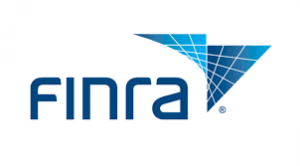
FINRA recently published an AWC entered into with Richard L. Langer, a registered representative with Planner Securities LLC. FINRA accused Langer of violating FINRA Rules 2210 and 2220. FINRA Rule 2210 governs communications by registered representatives with the public and FINRA Rule 2220 sets forth requirements with respect to options-related communications.
The review of Langer’s communications originated with a cycle examination conducted by FINRA Member Supervision. According to FINRA, between January 2016 and November 2019, Langer maintained a public Facebook page for an investment club he operated. Langer authored 20 posts on the Facebook page regarding the performance, investment returns, industry standing, and purported successes of the investment club and a separate hedge fund at which Langer traded.
For example, on January 9, 2018, Langer posted:
 FINRA Lawyer Blog
FINRA Lawyer Blog

